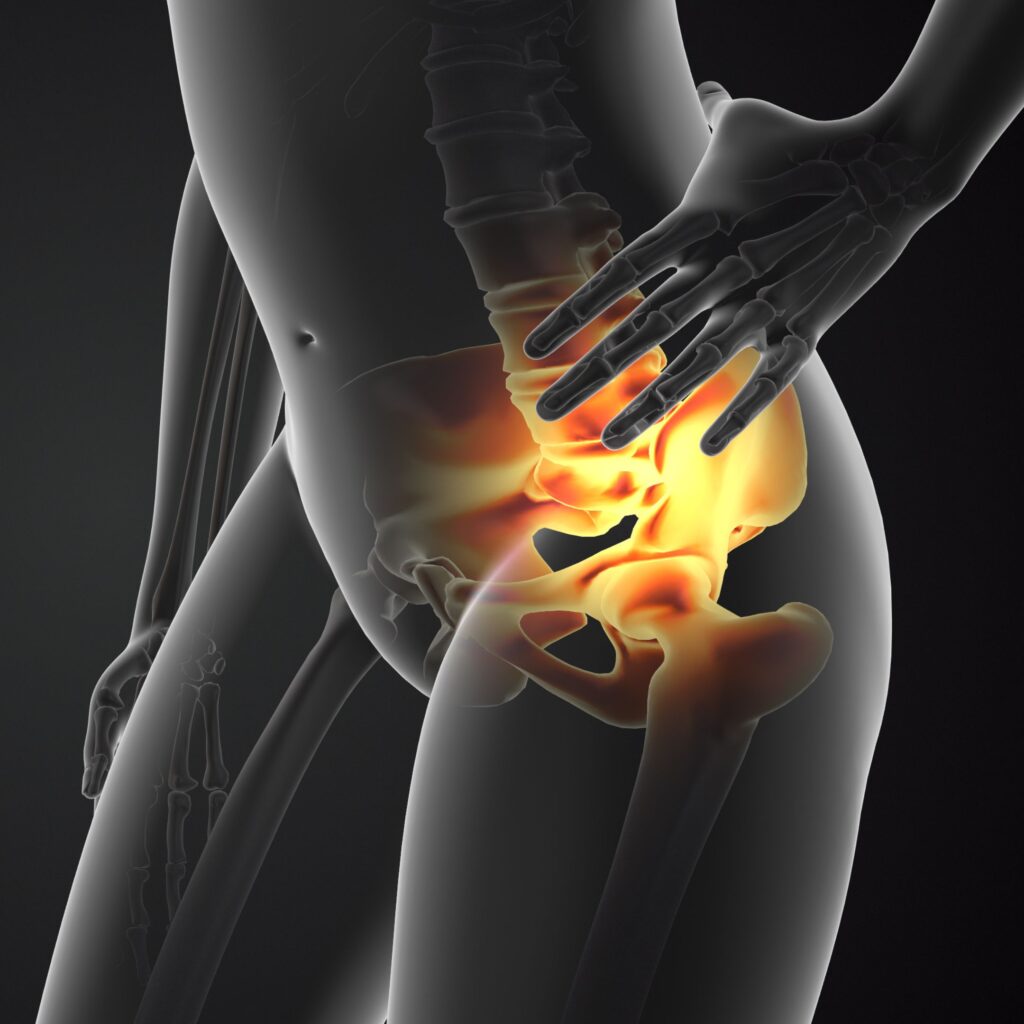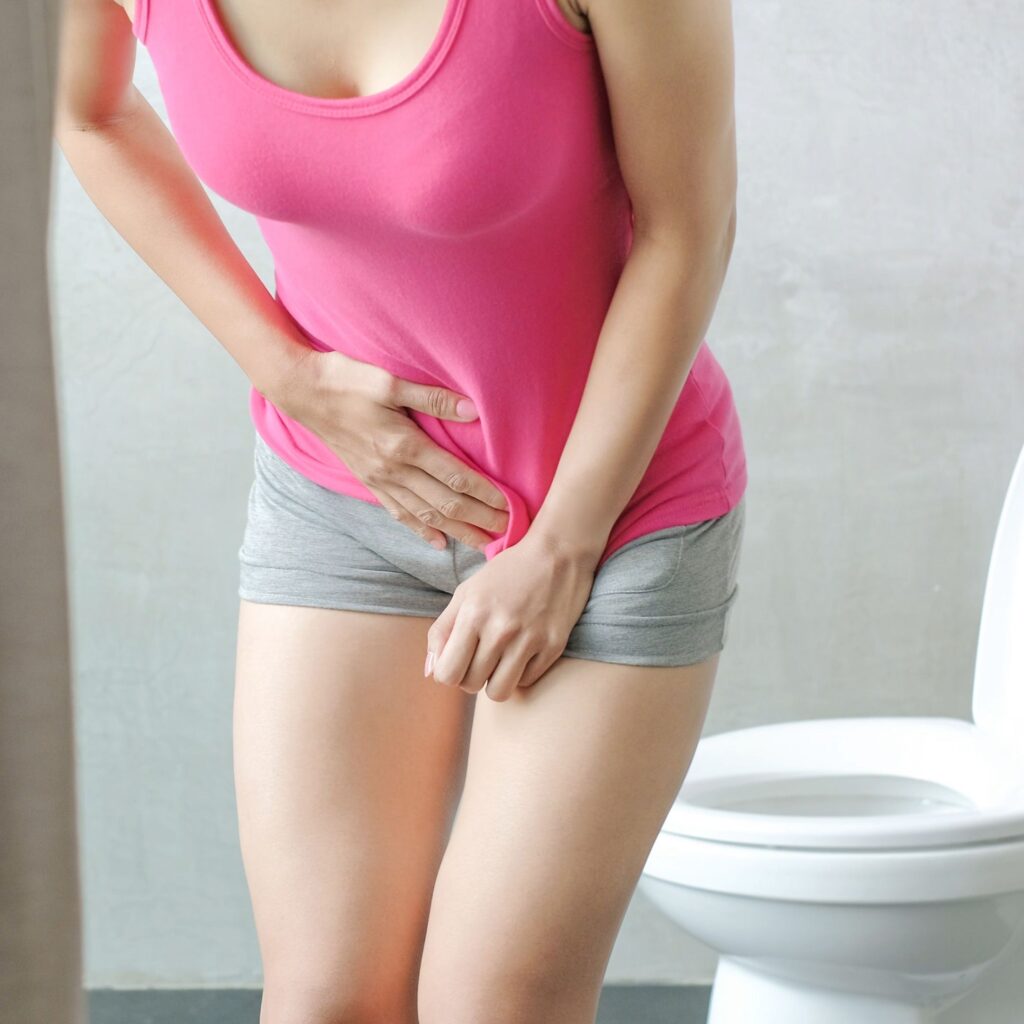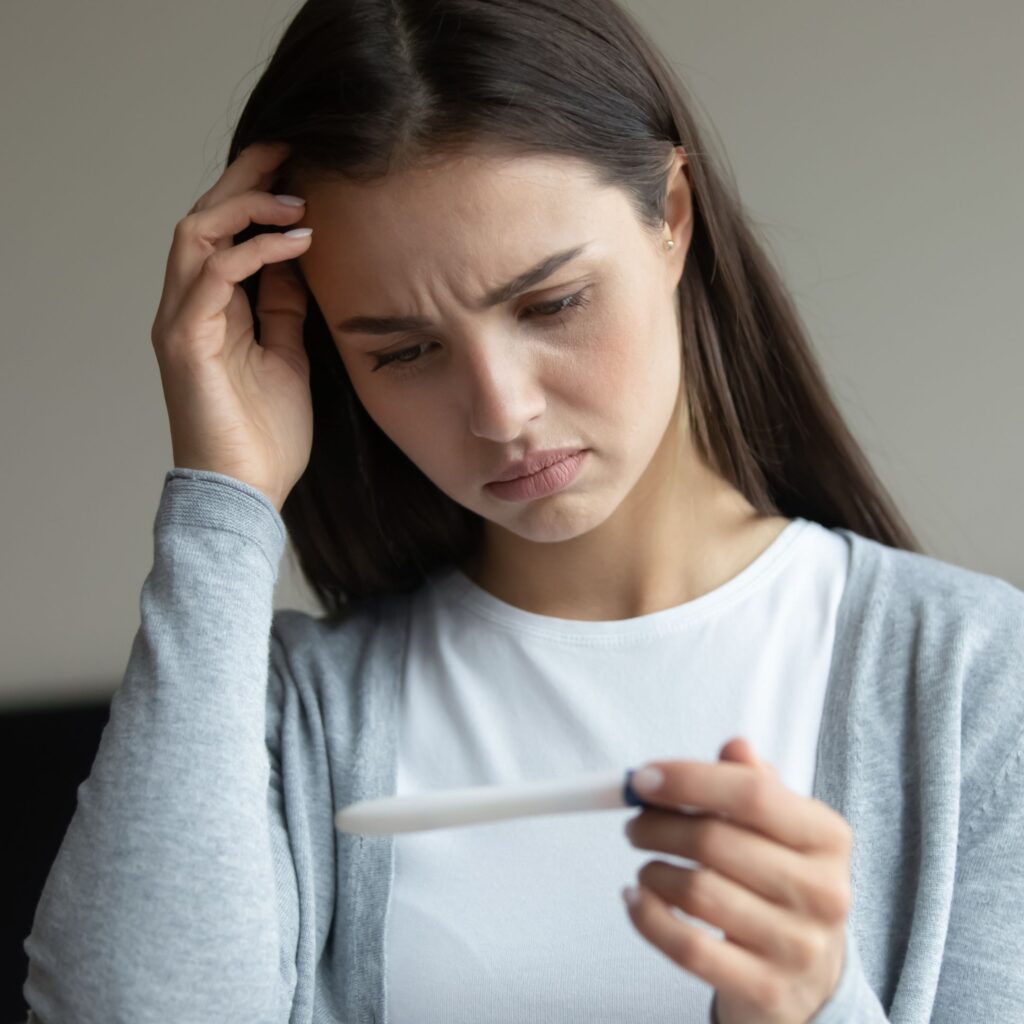Uterine fibroids, known as leiomyomas, are noncancerous growths in the uterus’s muscle tissue. This condition affects up to 70-80% of women by age 50. While the exact cause of fibroids remains unknown, this article explores what causes fibroids, provides the factors influencing fibroid development, and offers guidance for managing your health.
Who Is At Risk of Developing Fibroids
Fibroids are most prevalent in women during their reproductive years, particularly those in their 30s and 40s. African American women are more likely to develop fibroids and experience them at a younger age with more severe symptoms.
Risk Factors
- Family history of fibroids
- Obesity
- Early onset of menstruation
- A diet high in red meat and low in green vegetables, fruit and dairy
- Hormonal imbalances
What Causes Fibroids In Women
Fibroids are benign tumours that form in the muscular wall of the uterus. They can vary in size from as small as a seed to as large as a melon. Fibroids can be singular or multiple, and their growth rate can vary widely among individuals.
Classification based on their location in the uterus
- Submucosal (underneath the lining of the uterus)
- Intramural (within the muscular wall)
- Subserosal (on the outer surface of the uterus)
The exact cause of fibroids remains unclear, but research suggests a combination of genetic, hormonal, and environmental factors. Hormones that regulate the menstrual cycle, Estrogen, and progesterone, may promote the growth of fibroids, which is why they often shrink after menopause when hormone levels decrease.
Symptoms of Uterine Fibroids

- Heavy or prolonged menstrual bleeding

- Pelvic pain or pressure

- Pain during intercourse

- Frequent urination or difficulty emptying your bladder

- Unexplained weight gain in the lower abdomen

- Difficulty getting pregnant
The Vascular and Endovascular Clinic is skilled in identifying and treating vascular issues that contribute to ED. We utilise diagnostic tools to pinpoint the exact cause and develop a personalised treatment plan to improve blood flow and restore erectile function.
Schedule a consultation and discuss how we can help you overcome erectile dysfunction and reclaim your vitality.
Fibroids Comprehensive Diagnosis and Treatment at Vascular and Endovascular Clinic
At the Vascular and Endovascular Clinic (VEC), we take a committed approach to diagnosing and treating uterine fibroids. Our team of experienced senior vascular specialists provides comprehensive care, including a multifaceted diagnostic process.
- Comprehensive pelvic exam to assess the uterus and potential fibroids, including size and location.
- Imaging Technology like ultrasound, MRI or hysteroscopy to obtain a detailed picture of the fibroids. This includes their exact size, number, and location, all crucial factors for crafting a personalised treatment plan.
VEC offers a spectrum of treatment options to address fibroids, ensuring a tailored approach that aligns with your needs and preferences:
- Targeted Medical Management: We employ targeted medications that regulate hormone levels, such as birth control pills or Gonadotropin-releasing hormone (GnRH) agonists. These medications can shrink fibroids and alleviate associated symptoms.
- Minimally Invasive Uterine Fibroid Embolisation (UFE): VEC is equipped to perform UFE, a minimally invasive procedure that blocks blood flow, causing the fibroids to shrink and cease function.
- Surgical Intervention: When necessary, VEC’s skilled surgeons can perform procedures like myomectomy (removal of fibroids with preservation of the uterus) or hysterectomy (removal of the uterus). The surgical approach will be determined based on your needs and circumstances.
Why Understanding Fibroid Causes Matters for Treatment
Understanding what causes uterine fibroids to grow is crucial for several reasons.

- Lead to more effective prevention strategies: Women can reduce their chances of developing fibroids by identifying and modifying risk factors such as diet, weight, and hormone levels.

- Help develop targeted treatments: Knowing the underlying mechanisms of fibroid growth can lead to therapies that specifically address these pathways, resulting in better outcomes with fewer side effects.

- Alleviate distress and empower patients with knowledge: Avoid worrying about the potential complications of fibroids, such as heavy menstrual bleeding, pain, and reproductive issues.
Additionally, knowing what causes fibroids during pregnancy is important, as fibroids can affect pregnancy outcomes. This condition may result in complications such as miscarriage, preterm birth and difficulties during labour. Women who have fibroids and are planning to become pregnant or are already pregnant should seek medical advice.
Women should seek medical attention if they experience symptoms such as heavy menstrual bleeding, pelvic pain, frequent urination or difficulty emptying the bladder. These symptoms can indicate the presence of fibroids or other gynaecological conditions.
Empowering Women’s Choices At Vascular and Endovascular Clinic
Understanding what causes fibroids is essential for prevention, effective treatment and empowering women with the knowledge to manage their health. Our vascular clinic is dedicated to providing comprehensive care and support for women with fibroids.
Beyond accurate diagnosis, we believe in personalised care. Our team of vascular specialists works with your gynaecologist to develop a treatment plan that aligns with your overall preferences. Whether you’re considering preserving your fertility, minimising recovery time or seeking minimally invasive options, we’ll guide you through all available choices.
If you or a loved one is experiencing symptoms or has concerns about fibroids, we encourage you to schedule a consultation with our experienced vascular specialists. We can develop a personalised plan to address your needs and promote optimal health.









